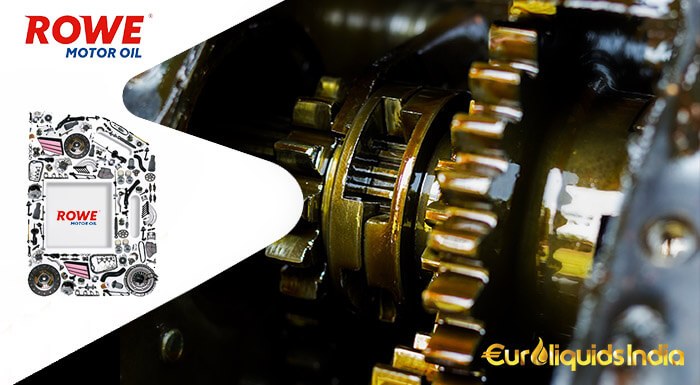Different Types of Engine Oil Grades in India
 16 Sep 2022
16 Sep 2022
In a car, engine oil is the basic component that drives the entire system. Taking proper care of the components of the car will ensure that the vehicle runs smoothly and won't cost you a lot of money. However, today people get so engrossed in their lives that they are not able to pay proper attention to the car. Even if they do so, they fail to look at the engine oil and whether it needs to be changed or not.
You might find that when you go to the market to find the best engine oil for a car, there are different kinds of oils that you can choose from. Mineral oils used to be the only ones used, but with the passage of time and technological advancement, synthetic and semi-synthetic oils began to be utilized. Compared to mineral oils, these oils are more efficient.
Moreover, in this article, we will discuss the pros and cons of using mineral oil and synthetic oil, the different grades of engine oil, and also how can you find the best engine oil in India.
Engine oils: Pros and Cons
Mineral oils, synthetic oils, and semi-synthetic oils are the most common types of engine oils.
1. Mineral oilsMineral oils are directly extracted from crude oil. It is the cheapest oil that is available for the engines. It is suitable for drivers with fewer engine designs and those who use a simple driving type.
Advantages- If you have an older vehicle, mineral oils are the best for you as it is a cheaper option and designed specifically for these vehicles.
Disadvantages- Mineral oils offer less protection and cannot be used in modern vehicles and are also not able to withstand a high degree of temperatures.
2. Synthetic oilsSynthetic motor oils are not extracted naturally. It is a combination of mineral oil and some additives and is regarded as the finest oil for modern-day cars.
Advantages- It has far better cleansing properties than mineral oils.
- It can withstand high or low degrees of temperatures
- It aids in the better flow of oil at the start of the cars and thus helps in the protection from wear and tear.
- Synthetic motor oils have additives that make their reduction process better than mineral oils.
- They have low oil viscosity, allowing for a faster flow of oil.
Disadvantages- Since it is more effective at cleaning, it can remove deposits from the surfaces of engines and thus facilitates leaks.
- Synthetic motor oil is an expensive product, and once refilled, it can cost a lot to maintain
- It is not recommended for use in newer vehicles as it can cause a problem.
- Synthetic motor oil can cause a lot of environmental pollution
3. Semi-Synthetic oil- Semi-synthetic engine oil is the amalgamation of mineral oil and synthetic oil.
Advantages- It provides better fuel economy than mineral oil gives vehicles.
- The semi-synthetic oils have low friction and low viscosity which makes them easier to flow.
- The semi-synthetic oils are less expensive than fully synthetic oils and provide the best engine life.
- This kind of engine oil provides a robust defensive mechanism and thus protects the engine from heavier loads and high temperatures.
DisadvantagesSemi-synthetic oils offer less degree of protection than those provided by fully synthetic engine oils. Moreover, Engine oils are the lifeblood of the engines and they are responsible for running the cars. It offers a variety of functions ranging from protection to increasing fuel efficiency. Moreover, there is the best engine oil for cars available and you can also select the different engine oils according to their grades. Let’s discuss the grading of the engine oils in detail.
Different grades of engine oilEngine oils have been classified and given different grades based on their viscosity by SAE (Society of Automotive Engineers). The engine oils have different viscosities. The lower the viscosity, the faster the oil can flow and the better it is.
Now, the grades of engine oils can be classified into monograde oils and multigrade oils.
These kinds of oils are used for a small temperature range and are usually preferred for older vehicles. According to its viscosity, engine oils can be further divided into two groups: A low engine oil viscosity is referred to by a W and is suited for winters and a high engine oil which does not end with W is suitable for summers.
Multigrade oils are designed for the latest cars and can be used in all seasons effectively. The viscosity grades of the multigrade oils consist of alphameric notations, e.g., 10W20 where 10 W is a low-temperature viscosity and 20 is the high-temperature viscosity oil. Multigrade oil is more effective than monograde oils and is less reactive to temperatures.
You can also look for the best engine oil in India by visiting www.euroliquids.co.in